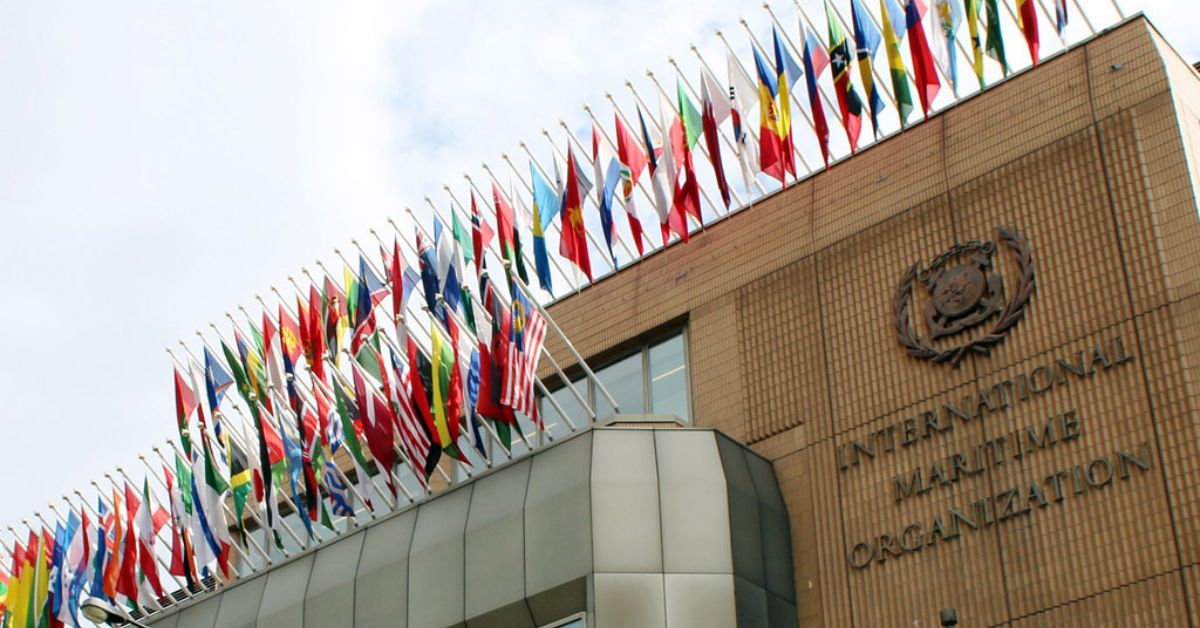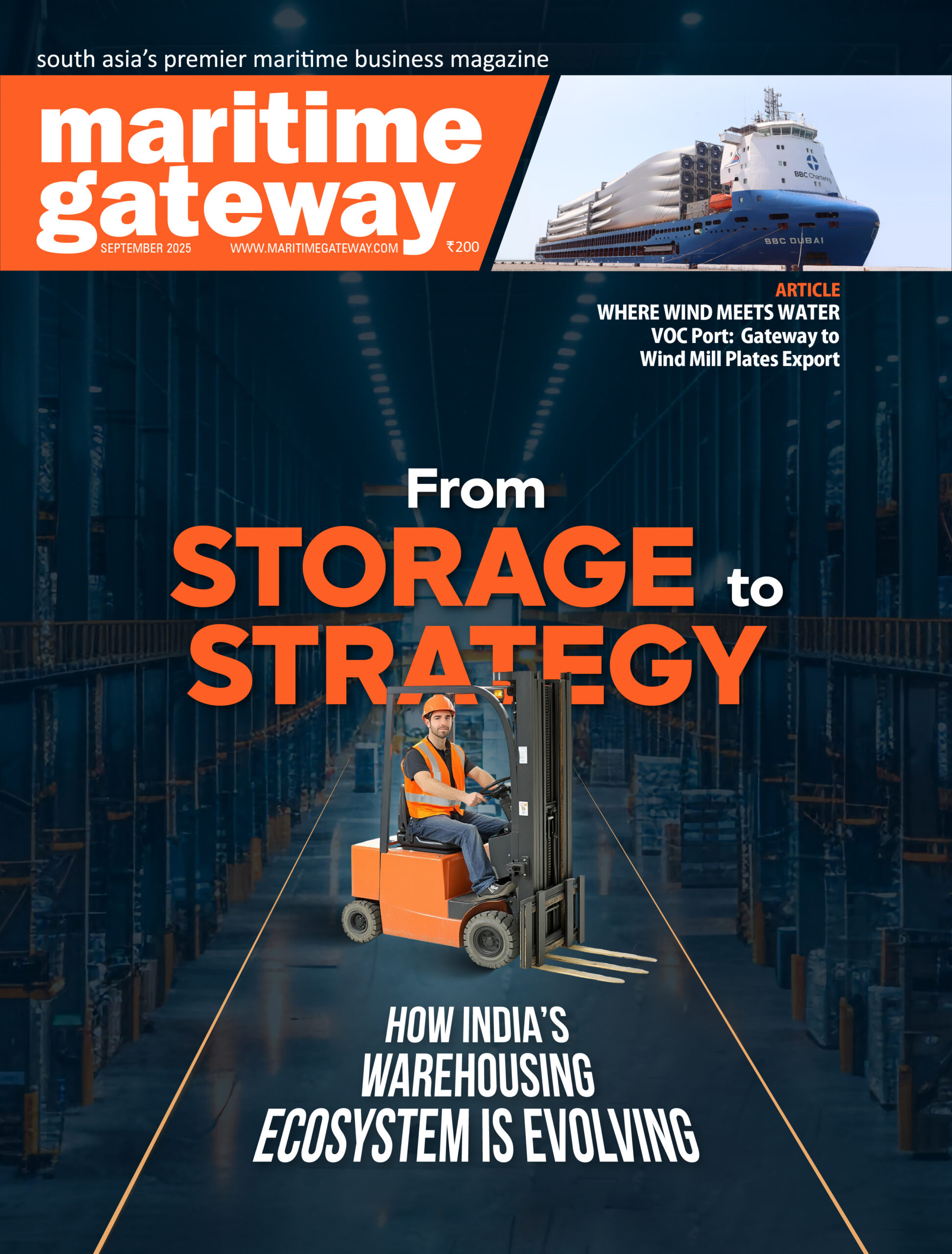The global shipping industry is bracing for one of its most decisive climate battles as the International Maritime Organization (IMO) prepares to vote on the long-awaited Net Zero Framework (NZF) — a measure that could reshape maritime decarbonization for decades.
In the days leading up to the extraordinary IMO session in London, divisions have deepened between powerful shipping nations and industry heavyweights. On one side, seven major shipowner associations from Japan, Norway, Denmark, the UK, Belgium, the Netherlands, and Singapore have issued a rare joint appeal urging governments to “make history” by endorsing the framework. On the other, opposition has coalesced around influential figures such as John Fredriksen, prominent Greek shipping groups, key classification societies, and even the United States government.
The coalition of supporting associations described the NZF as a “turning point for global climate regulation,” warning that failure to adopt it would fragment the sector with a “patchwork of regional rules” and undermine the global energy transition. “Our industry, by its very nature, is global — and it needs a global solution to tackle climate change,” their statement declared.
If approved, the framework would introduce a global carbon levy and fuel standard to steer the shipping sector toward net-zero emissions by 2050. It would also establish a Net Zero Fund to incentivize compliance and finance green maritime infrastructure.
While expressing general support for the framework’s goals, the global tanker association INTERTANKO urged caution on implementation timelines. “The NZF offers clarity and predictability,” said Emma Scheiris, INTERTANKO’s deputy director for environment. “But its rollout must balance ambition with operational feasibility.”
However, major shipowners — including Dynacom, GasLog, Seapeak, and Stolt Tankers — have publicly opposed the plan, calling for “critical amendments” before it is adopted. Collectively, they control a significant share of the world’s tanker and gas carrier capacity. “In its current form, the NZF does not deliver on its stated aim of fair and effective decarbonisation,” the group said.
Greece’s shipping minister Vassilis Kikilias echoed their concerns during talks with IMO Secretary-General Arsenio Dominguez, insisting that “substantive changes are essential” for Greece to lend its support.
Despite the pushback, Dominguez remains optimistic. “I am confident the framework will be adopted,” he told delegates in London. “We have a long history of overcoming divisions through cooperation.”
The IMO traditionally relies on consensus, but insiders suggest that a formal vote now appears inevitable. If members fail to reach agreement, approval will require backing from two-thirds of the 176 MARPOL Annex VI signatories — at least 108 countries.
Backing from the Getting to Zero Coalition, which represents more than 180 companies and some of the world’s largest shipowners, has intensified pressure on member states. “Delays threaten billions in clean shipping investments,” the group warned. “Without global rules, costs will rise for everyone — from shipowners to consumers.”
Complicating the picture, the United States remains staunchly opposed to the NZF. Washington walked out of April’s Marine Environment Protection Committee (MEPC) meeting and has since warned that nations supporting the deal could face trade and diplomatic repercussions, including tariffs, port charges, or visa restrictions.
Analysts say the outcome could hinge on a handful of undecided countries — particularly in Southeast Asia, the Middle East, and Latin America — where geopolitical and economic priorities are finely balanced.
Next week’s vote is being described by observers as a make-or-break moment for the IMO — one that will determine whether global shipping can unite under a single climate regime or remain divided amid competing national interests.









